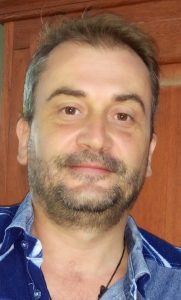
Gauthier DOBIGNY is a French researcher from the Institute of Research for sustainable Development (IRD) at the Center of Biology for Population Management (CBGP). He has been working on African mammals for twenty years, with special emphasis on rodents’ diversity and evolution. For the last few years, he has been involved in studies that aim at understanding the role of small mammals in the maintaining, circulation and transmission to human of zoonotic diseases. He spent more than four years in Niamey, Niger (2009-2013), and is currently working at Abomey-Calavi University, Cotonou, Benin, where he is interested in the ecology of small mammal-borne zoonoses (eg. leptospirosis, hantavirosis, etc) in environmentally degraded urban areas on the one hand, and on the role of international sea trade in rodents and rodent-borne pathogens bioinvasions on the other hand.
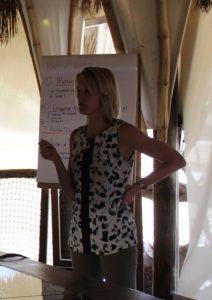
Ros KENNERLEY is a British conservation biologist who has been running the IUCN SSC Small Mammal Specialist Group (SMSG) since 2015, based at Durrell Wildlife Conservation Trust in Bath, UK. The SMSG acts as a scientific advisory body for nearly half of the world’s mammal species, representing the orders Rodentia, Eulipotyphla, and Scandentia. Undertaking global research, coordinating global Red List assessments, designing and advising on projects, fund raising, running action planning workshops, and managing membership, are all within the role responsibilities. For more information about the SMSG see https://small-mammals.org. Broadly speaking, the group has three main strategies for increasing small mammal conservation: developing champions for key small mammal species; building conservation capacity in key small mammal regions; and promoting small mammal conservation within the world’s leading zoos. Ros’ previous small mammal experience includes her PhD research into the ecology of two Endangered species of small mammal in native forest and agricultural systems in the Dominican Republic, during which a variety of monitoring techniques were employed, including GPS, radio telemetry and camera traps.
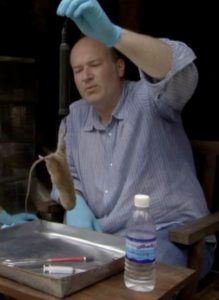
Steve BELMAIN is based at the Natural Resources Institute of the University of Greenwich in the UK where he is a Professor of Ecology. Like many other rodent experts around the world his career started out in entomology and his PhD was about the Death-watch Beetle – a timber-eating insect that makes a distinctive tapping noise, which was historically considered a bad omen of imminent death to those who heard it. Soon after joining NRI in 1998, he was sent off to plague-infested villages in Mozambique and discovered that rodents were a major pest issue that was largely being ignored in many countries. From there he developed collaborative projects with many colleagues across Africa, Asia, Europe and Australia focussed on the development of ecologically-based rodent management (EBRM) to reduce rodent impacts on people’s lives. He has led a number of large multi-country and multi-disciplinary research projects aiming to understand the transmission risks of rodent-borne diseases, crop damage and drivers of rodent population outbreaks (see the documentary Swarmchasers Rats). His EBRM research in Africa continues within a new African Union funded project https://ecorodman.nri.org/ that aims to develop innovative rodent management technologies and increase our understanding about ecosystem services that can underpin natural pest regulation.
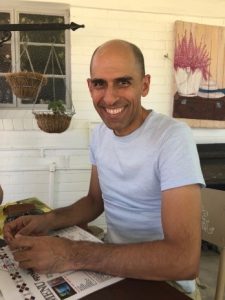
Ara MONADJEM is a biodiversity specialist with a focus on the ecology and conservation of African mammals and birds. He specializes in field-based studies where the objectives are either to obtain biological and taxonomic insights on rare and threatened species, or to understand the ecological roles and ecosystem functions provided by these species in natural and agricultural landscapes. Over the past 25 years, he has worked in remote locations across the African continent including the rain forests of tropical Africa, and the savannas of Southern and East Africa, including Madagascar. He also maintains long-term ecological field sites in Eswatini and Kruger National Park, South Africa. He has published widely including 6 books and more than 150 scientific (peer-reviewed) papers. He has been based at the University of Eswatini for 26 years where he has taught more than a dozen courses in the field of Biology.
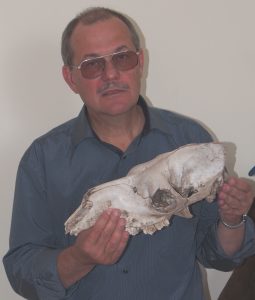
Leonid A. LAVRENCHENKO is Head of Department of Mammalian Microevolution at the A.N.Severtsov Institute of Ecology and Evolution, Russian Academy of Sciences, Moscow. His research interests include following fields of evolutionary biology: genetics and ecology of diverging populations in secondary contact zones, testing of alternative modes of speciation, morphological and genetic variation within superspecies complexes of rodents, molecular phylogeography and taxonomy of African and European small mammals. He is leader of the Mammal Research Group of the Joint Ethiopian-Russian Biological Expedition (JERBE) during last twenty-five years. For over thirty years, the Group studied diversity and evolution of Ethiopian mammals. The aims of these studies were to assess systematic position and species composition of some taxonomically complex groups, and to reconstruct their phylogeny in the context of the history of the main ecosystems in Ethiopia. Besides, a set of extensive faunistic surveys was made to document distributions of Ethiopian mammals.
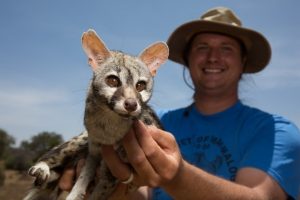
Adam FERGUSON is the Negaunee Collection Manager of Mammals at the Field Museum of Natural History in Chicago, Illinois USA. He has been working on African mammals since 2008, focusing on biodiversity surveys of small mammals, small carnivore conservation and ecology, and disease dynamics along the human-wildlife-livestock interface. Most recently he spent three years (2014 – 2017) living in Kenya, where he was studying the interplay between anthropogenic disturbance, behavior, and immunity on parasite dynamics in small carnivores including genets and mongooses. His current research mostly focuses on this important but often overlooked group of mammals, African small carnivores, finding ways to demonstrate their significance while simultaneously increasing our understanding of their evolution and conservation. He is particularly interested in the role that natural history museums play in promoting the study of African mammals and how these unique collections are leveraged to develop conservation and management strategies for these species.
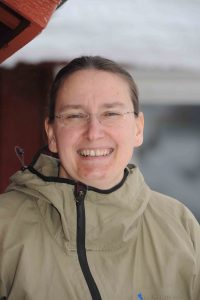
Frauke ECKE is an Associate Professor in landscape ecology and works as a Senior Lecturer at the Swedish University of Agricultural Sciences (SLU), where she leads the unit on Small Mammals, their Predators and Zoonoses. She has worked extensively on the landscape response of terrestrial and semi-aquatic small mammals. A focus area in her research are zoonotic diseases and factors driving the transmission of pathogens among rodents and from rodents to humans. Her group uses the link between bank voles and Puumala hantavirus as a model system to increase our understanding of abiotic and biotic factors driving pathogen transmission and disease risk. In recent work, she explores how the knowledge gained on the ecology of the Puumala hantavirus can be applied to explain transmission of African hantaviruses with focus on Ethiopia.
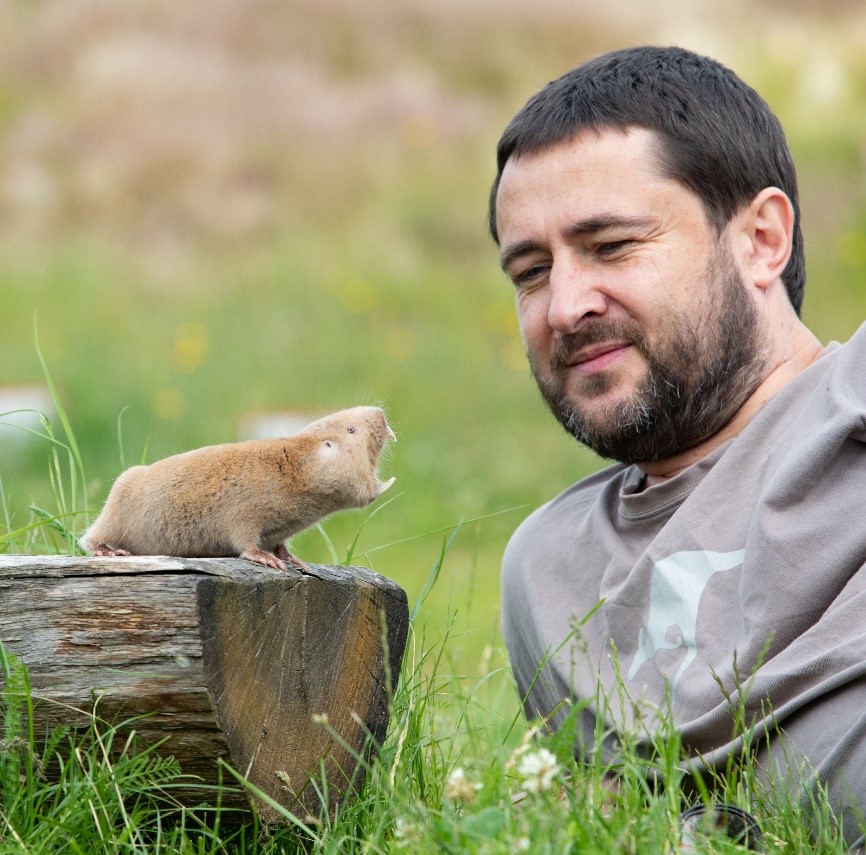
Radim ŠUMBERA is a researcher and a lecturer working at the University of South Bohemia in České Budějovice, Czech Republic. He has been studying African small mammals for more than 20 years. His research interest is focused mainly on two fields. Since his PhD study, he has been dealing with various aspects of biology of subterranean rodents, especially African mole-rats. In his research, he is applying both laboratory and field approaches to reveal the secret way of their life, especially their ecology, behaviour and ecophysiology. At the university, he has built up a unique breed of eight species of subterranean rodents from different phylogenetic lineages and continents. In last ten years, he also participated in the research on taxonomy, phylogeography and evolution of African terrestrial rodents, mainly murids. Altogether, he spent more than two years studying African mammals in different countries especially in the eastern part of the continent (Malawi, Zambia, Tanzania, Kenya, and Ethiopia).
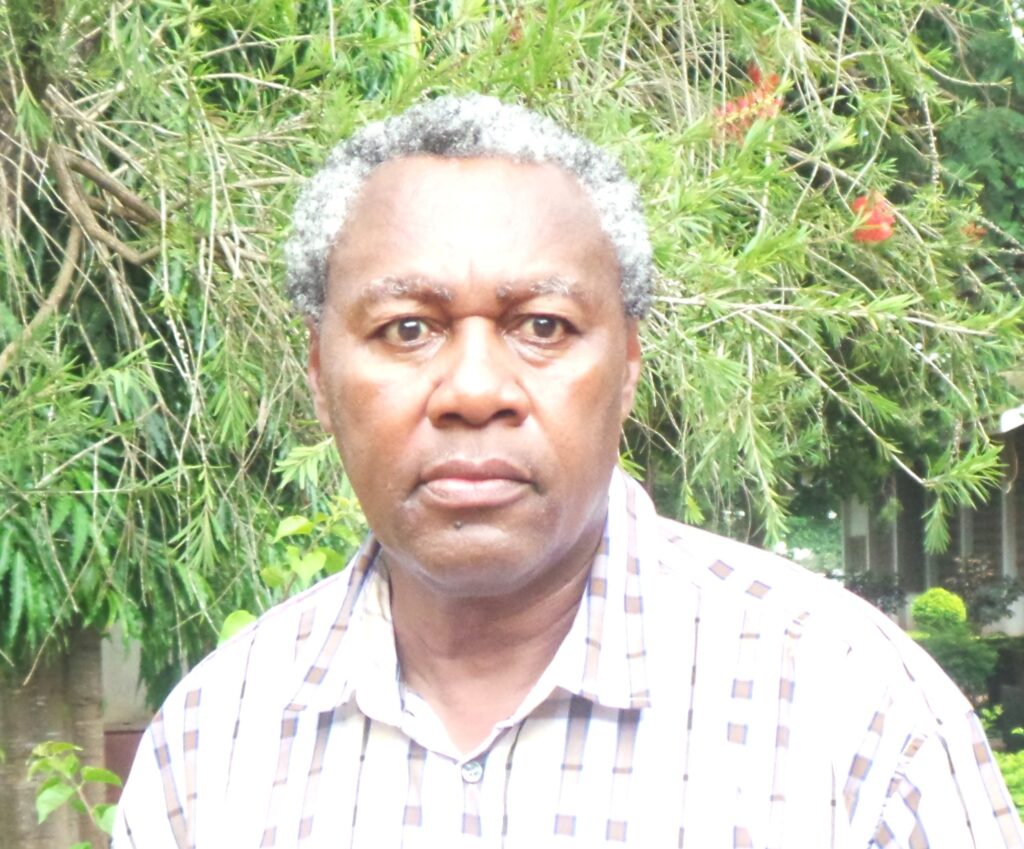
Rhodes MAKUNDI is a research professor currently working for the Africa Centre of Excellence for Innovative Rodent Pest Management and Biosensor Technology Development, Sokoine University of Agriculture, Tanzania (ACE IRPM &BTD-SUA), which aims to develop capacity in rodent research in Sub-Saharan Africa through training at postgraduate level. The IRPM &BTD – SUA currently has 31 registered PhD students from Tanzania, Ethiopia, Uganda, Nigeria and Namibia. His main research interests are ecology of rodents, rodent pest management technology and zoonotic diseases associated with rodents, particularly plague. For the last 25 years he has been project leader and collaborating scientist in a number of research projects on rodents involving national, regional and international partners including Kenya, Uganda, Ethiopia, Zambia, South Africa, Namibia, Swaziland, Madagascar, Belgium, Denmark, China and United Kingdom.
